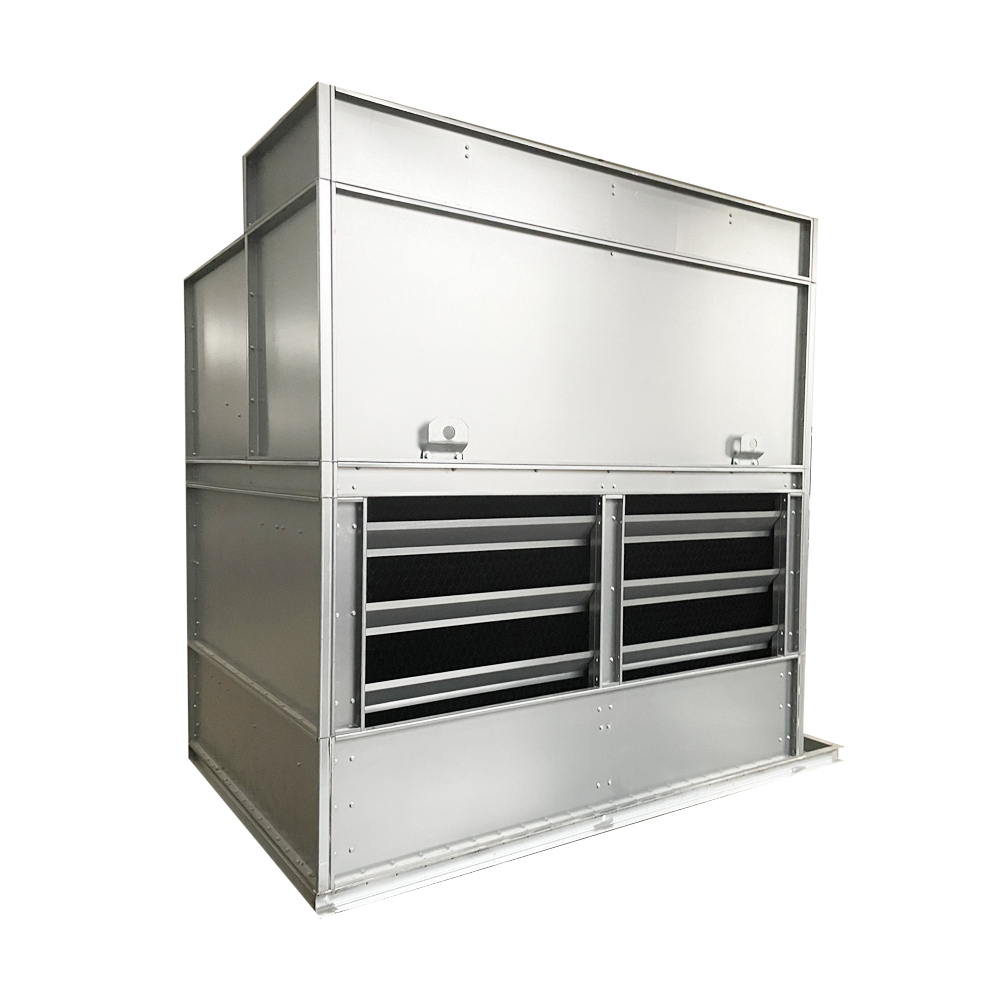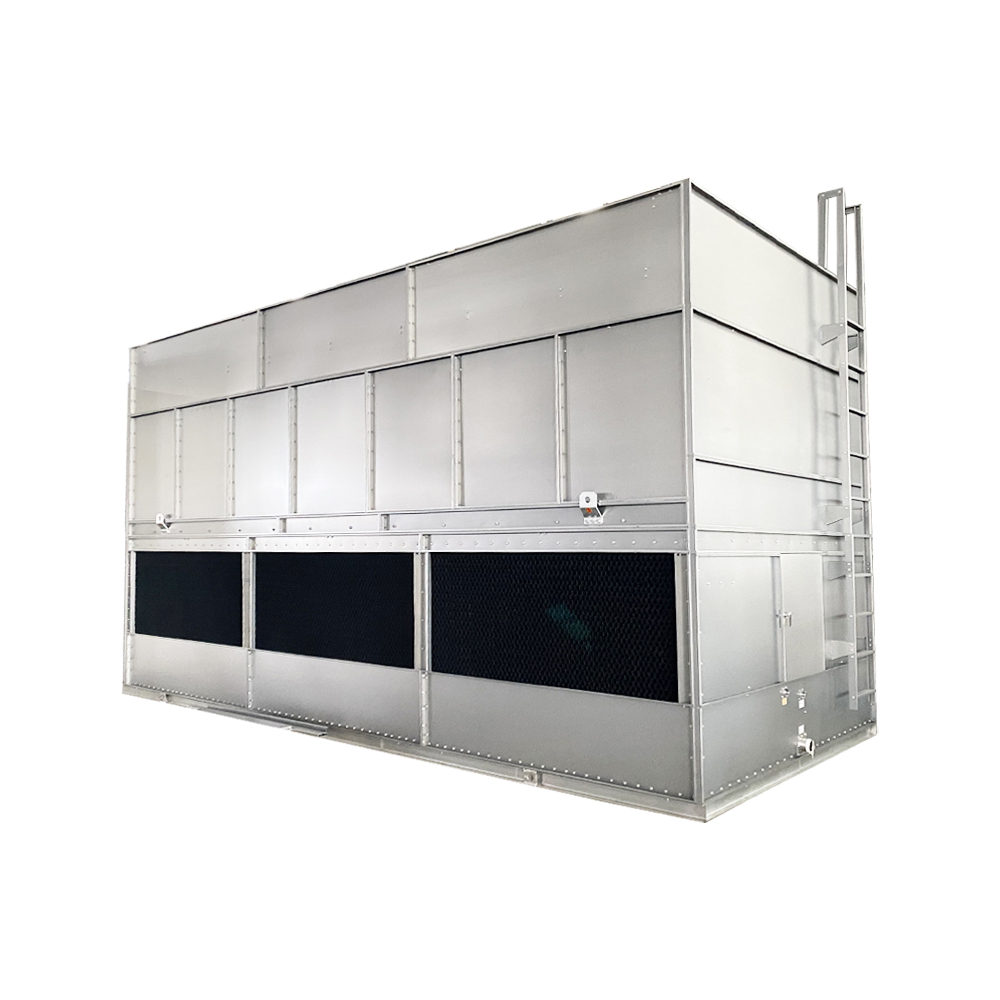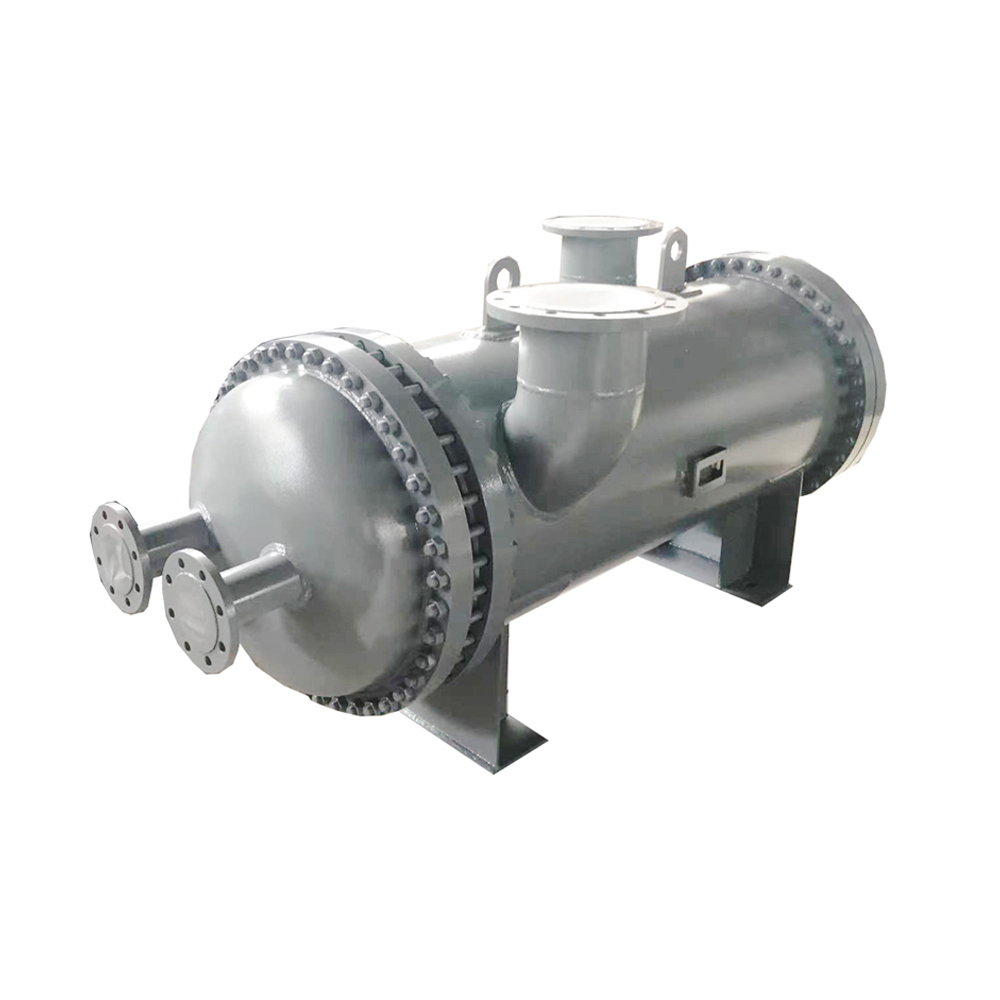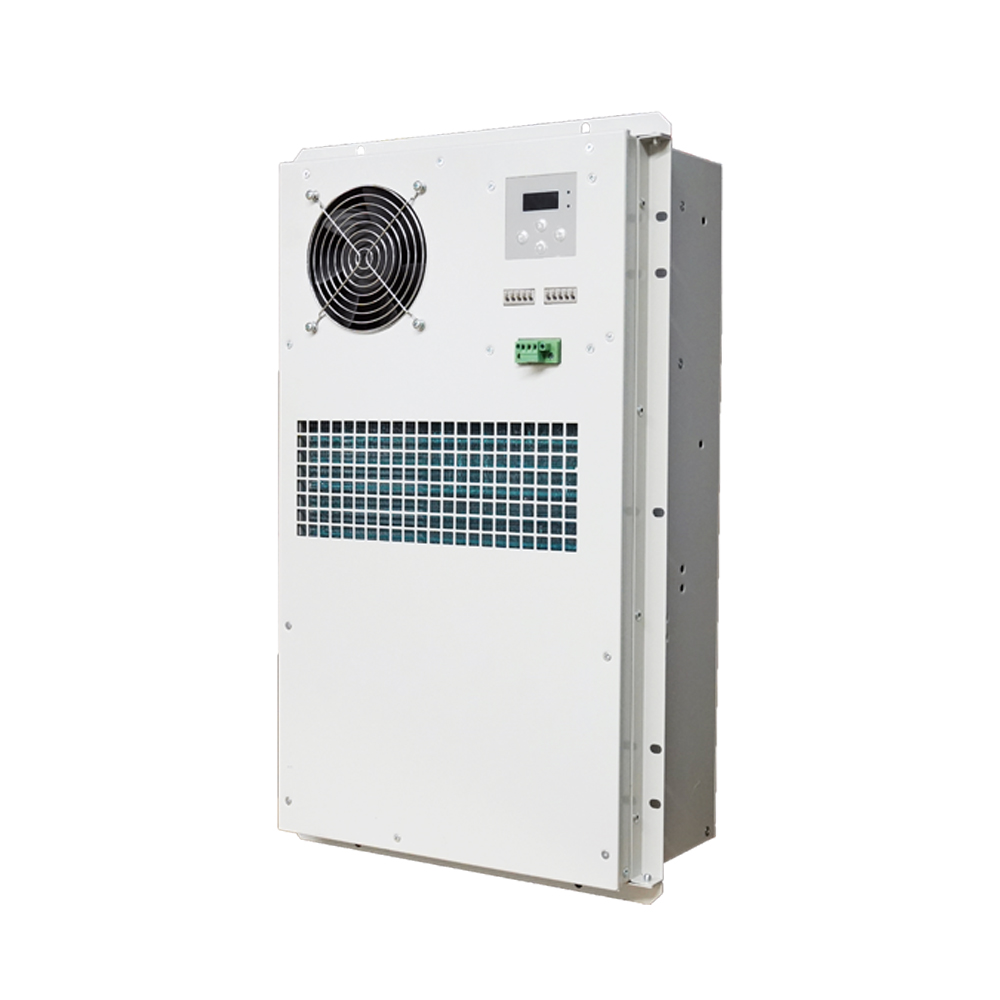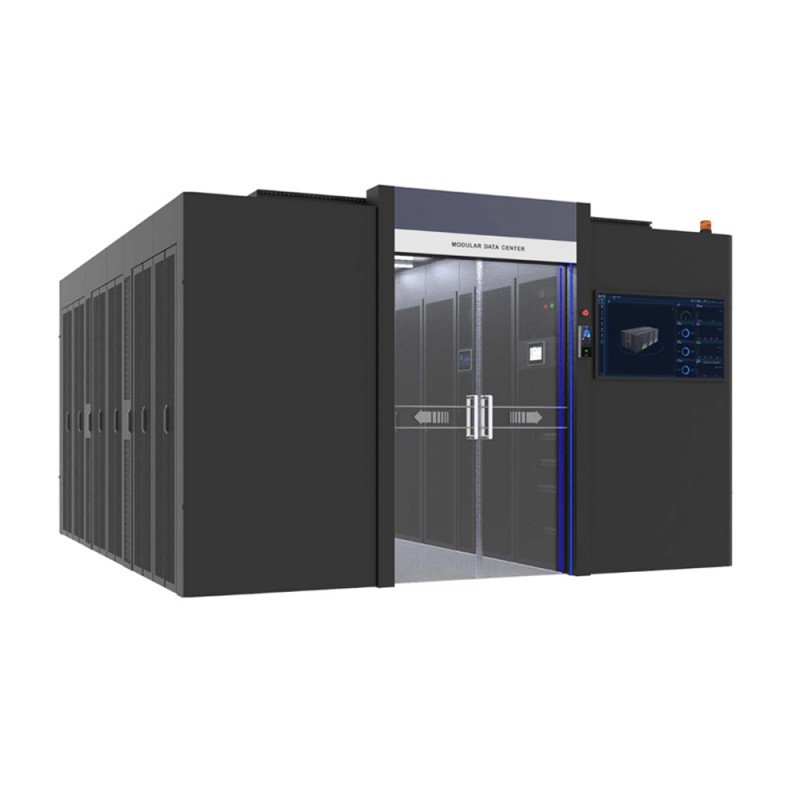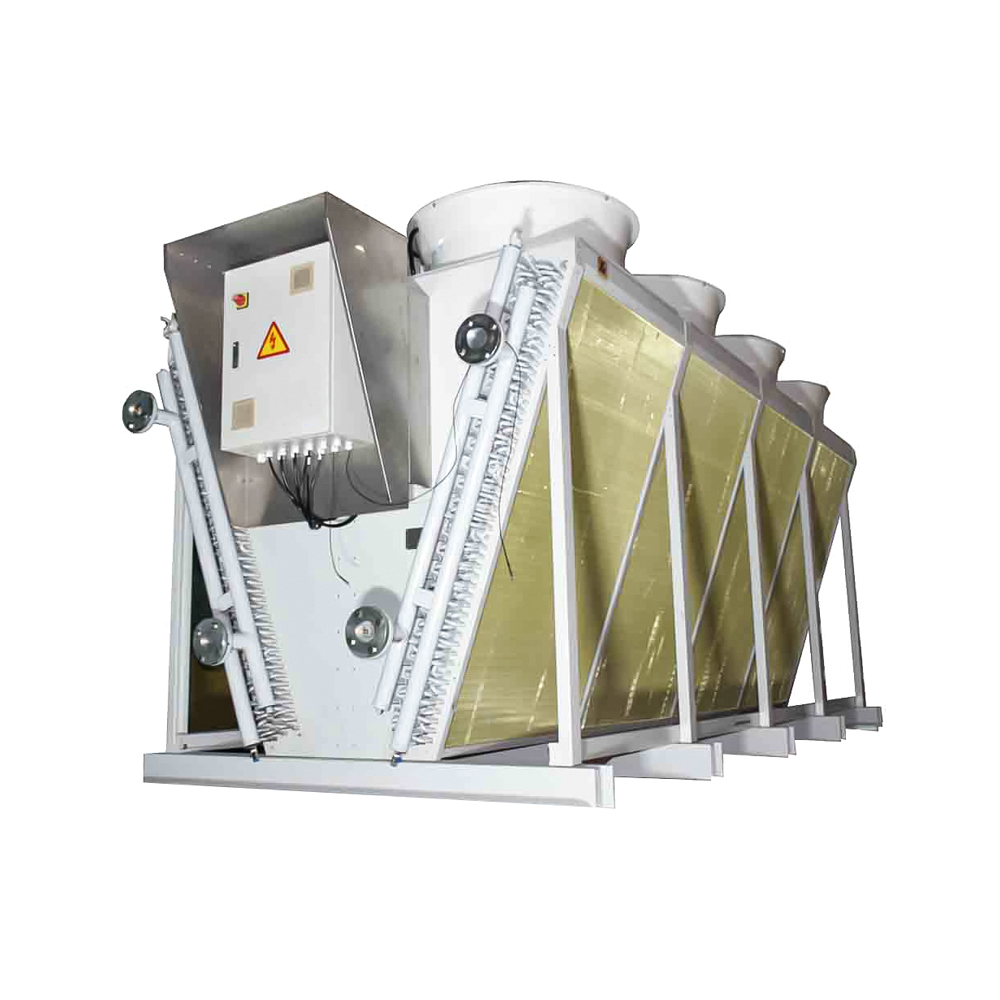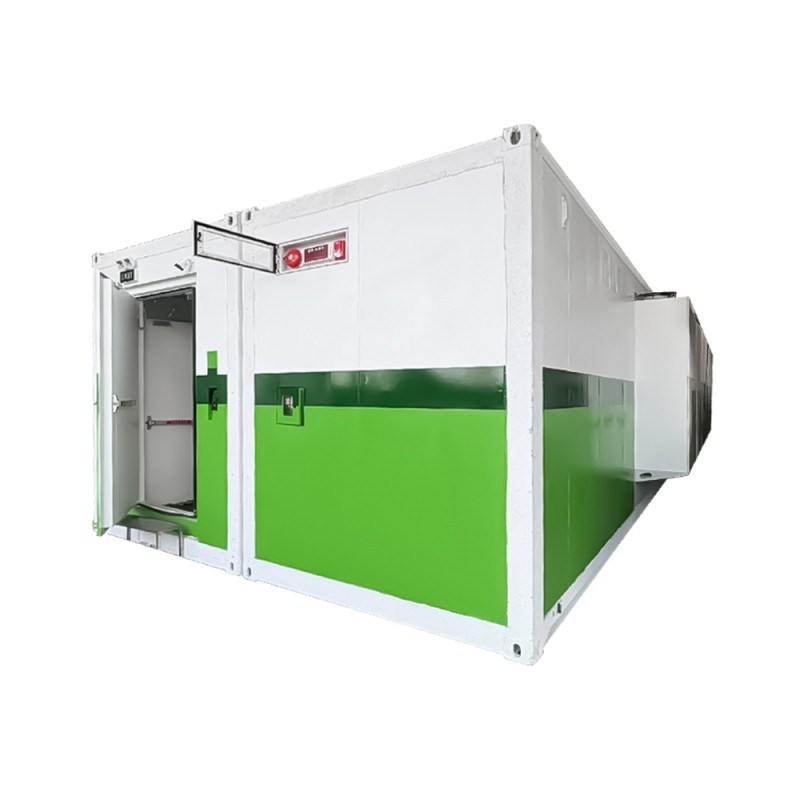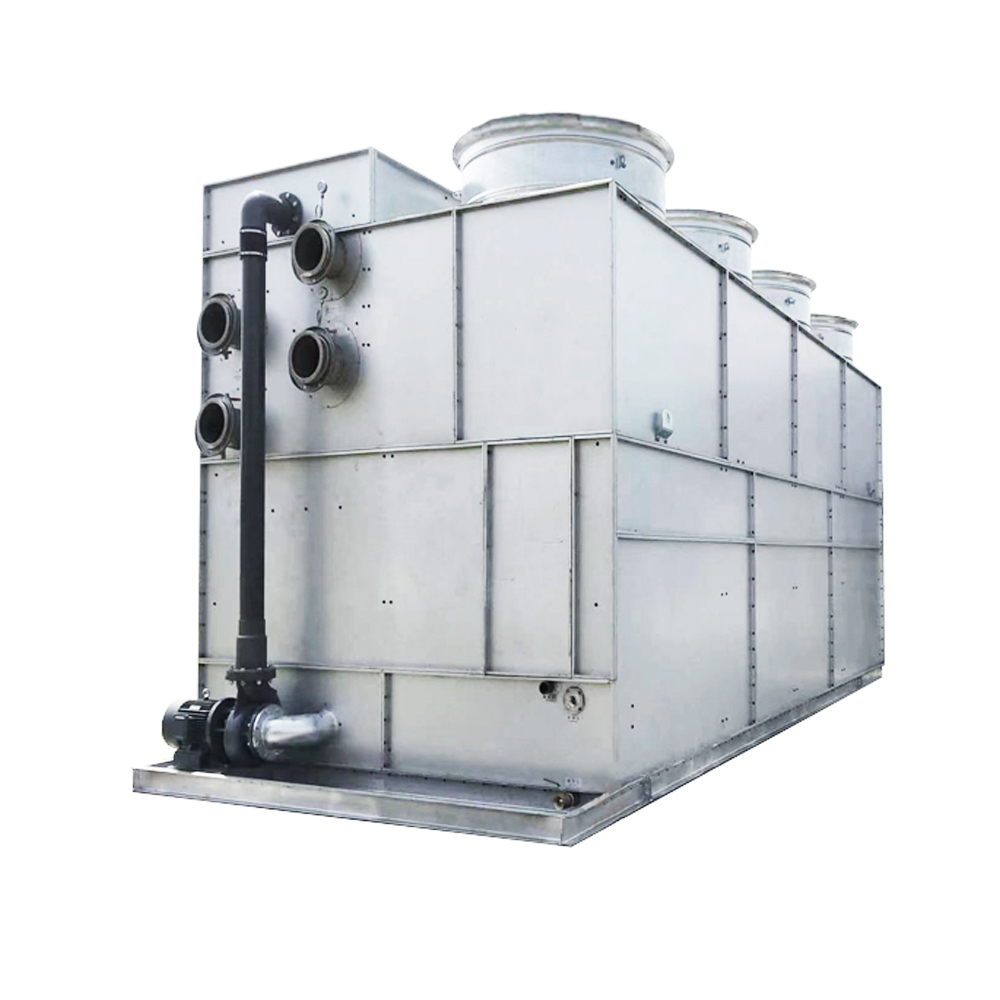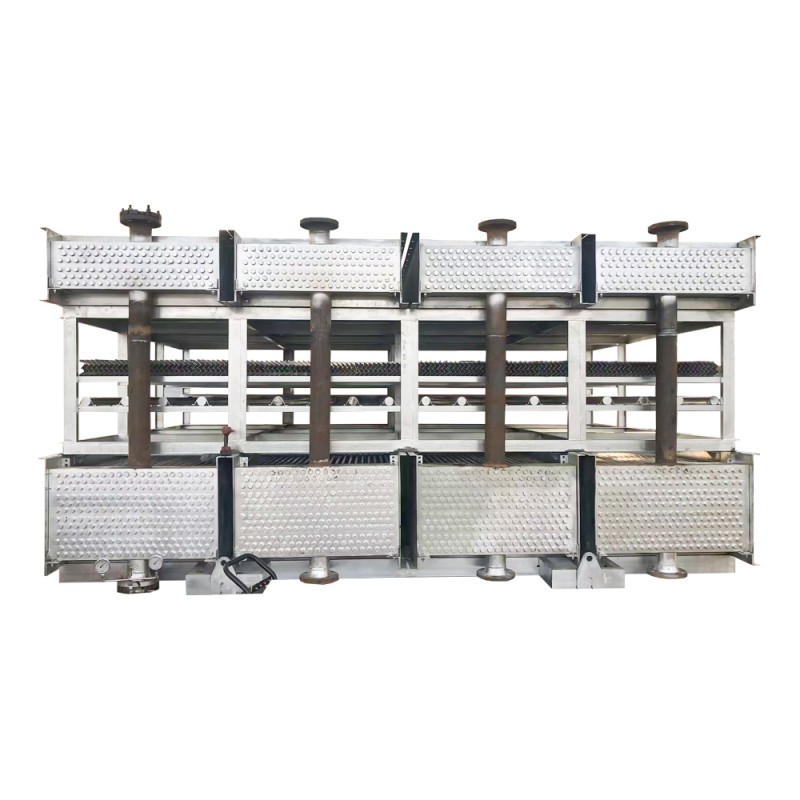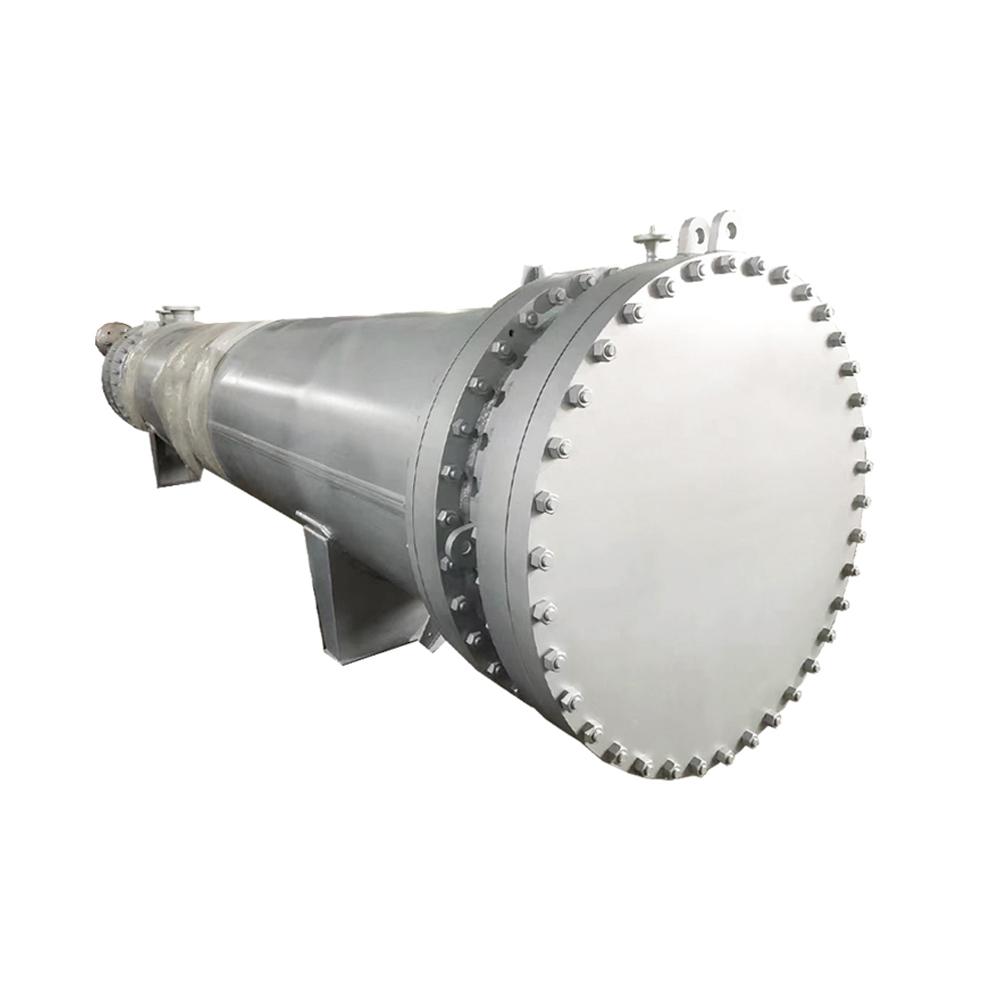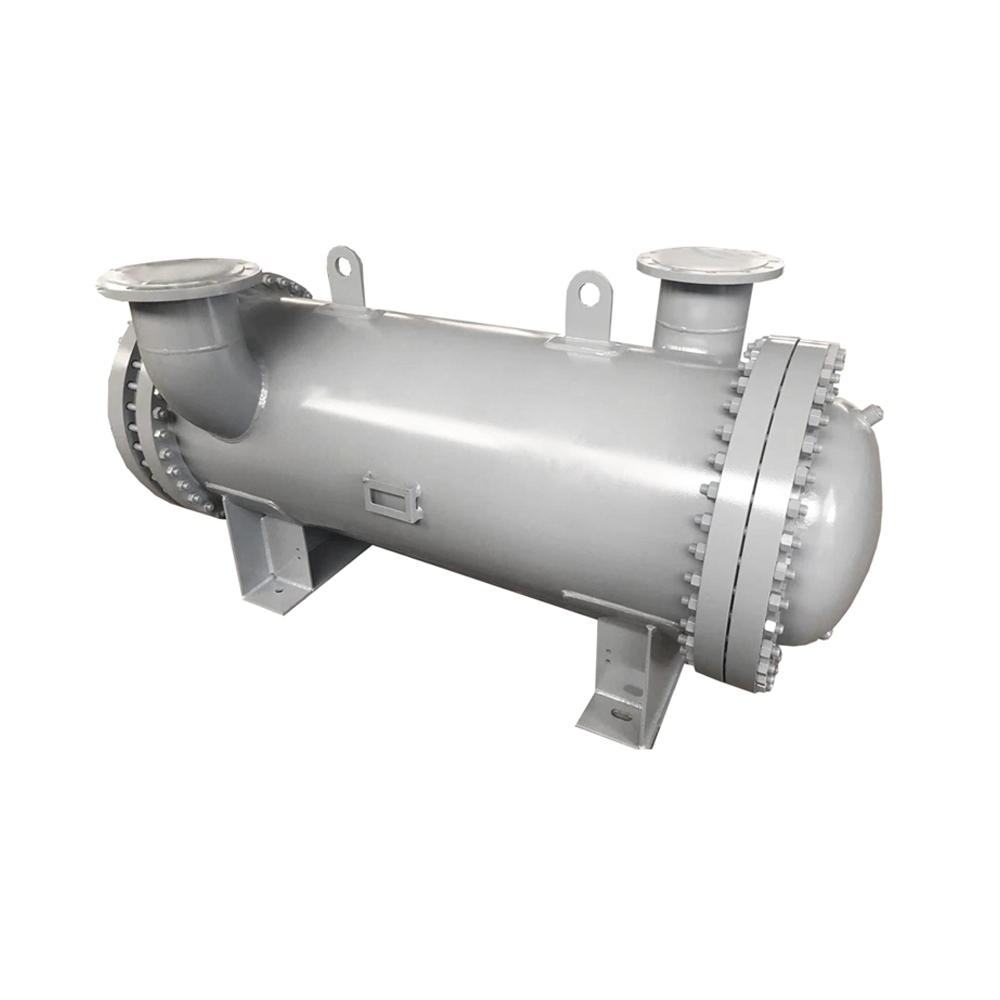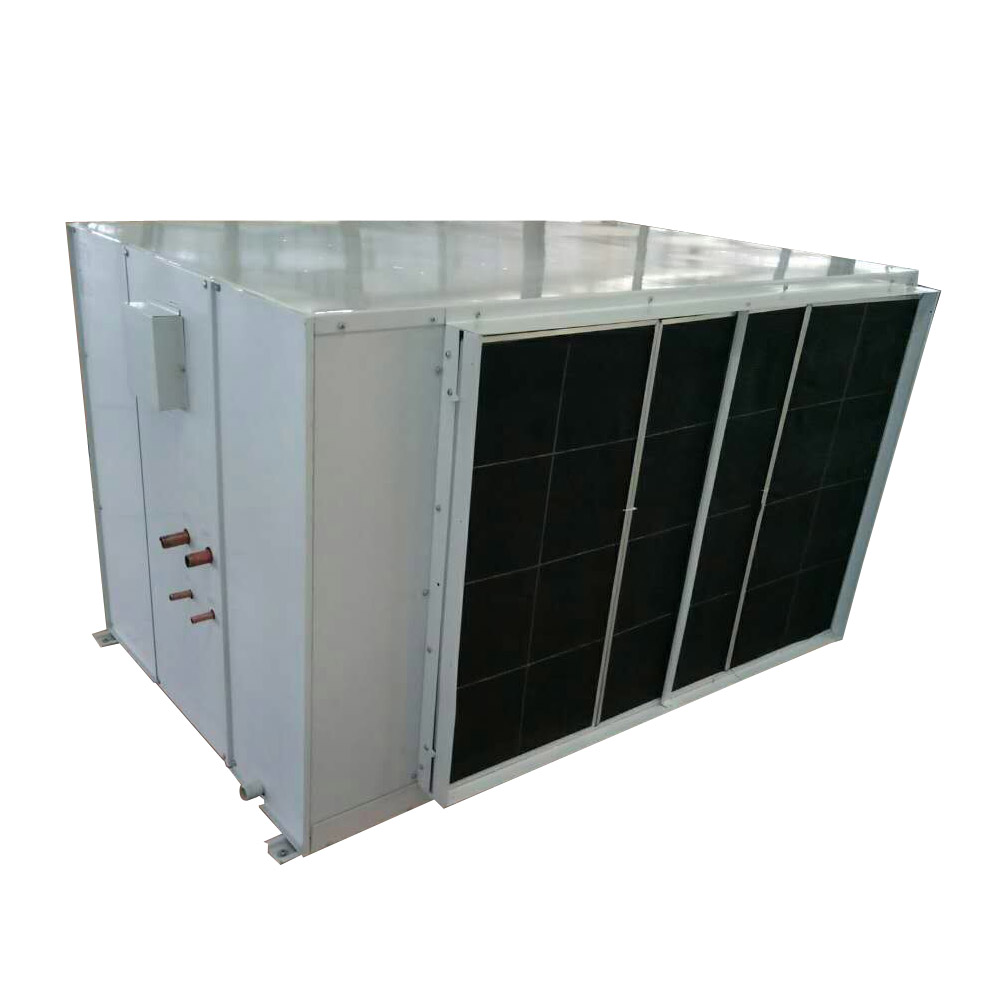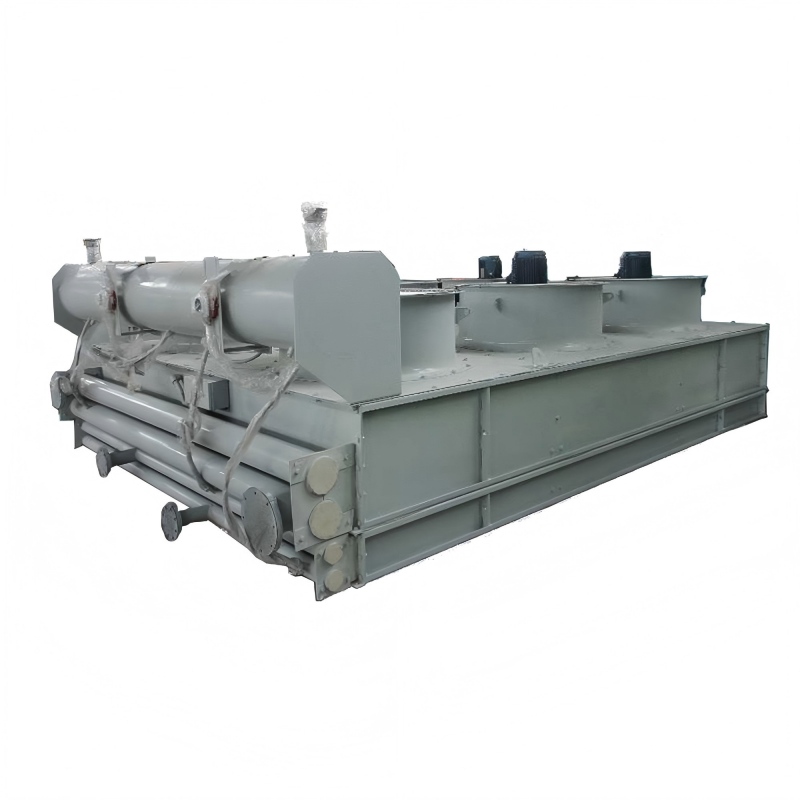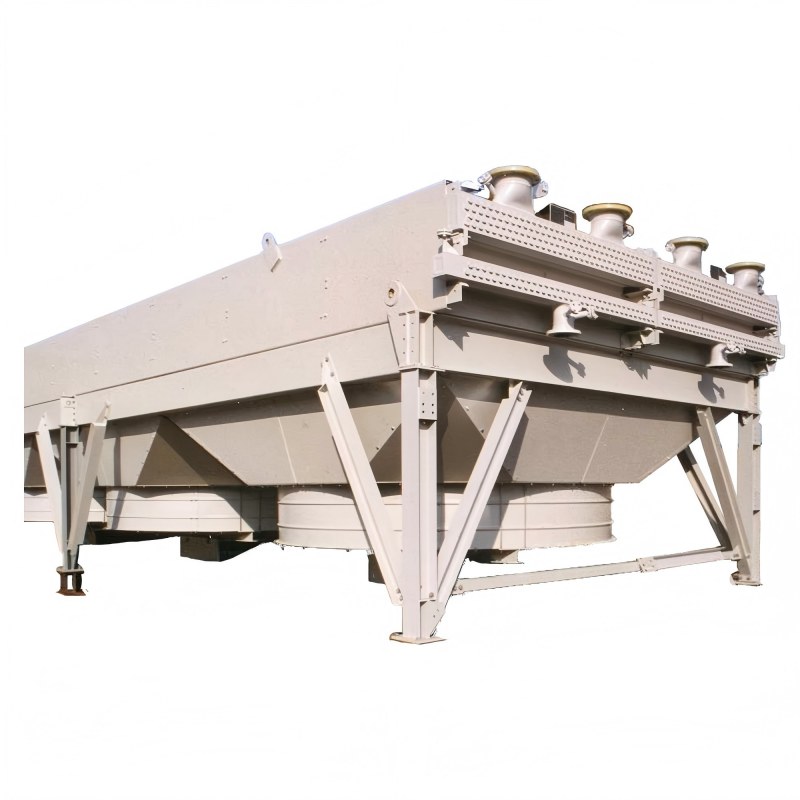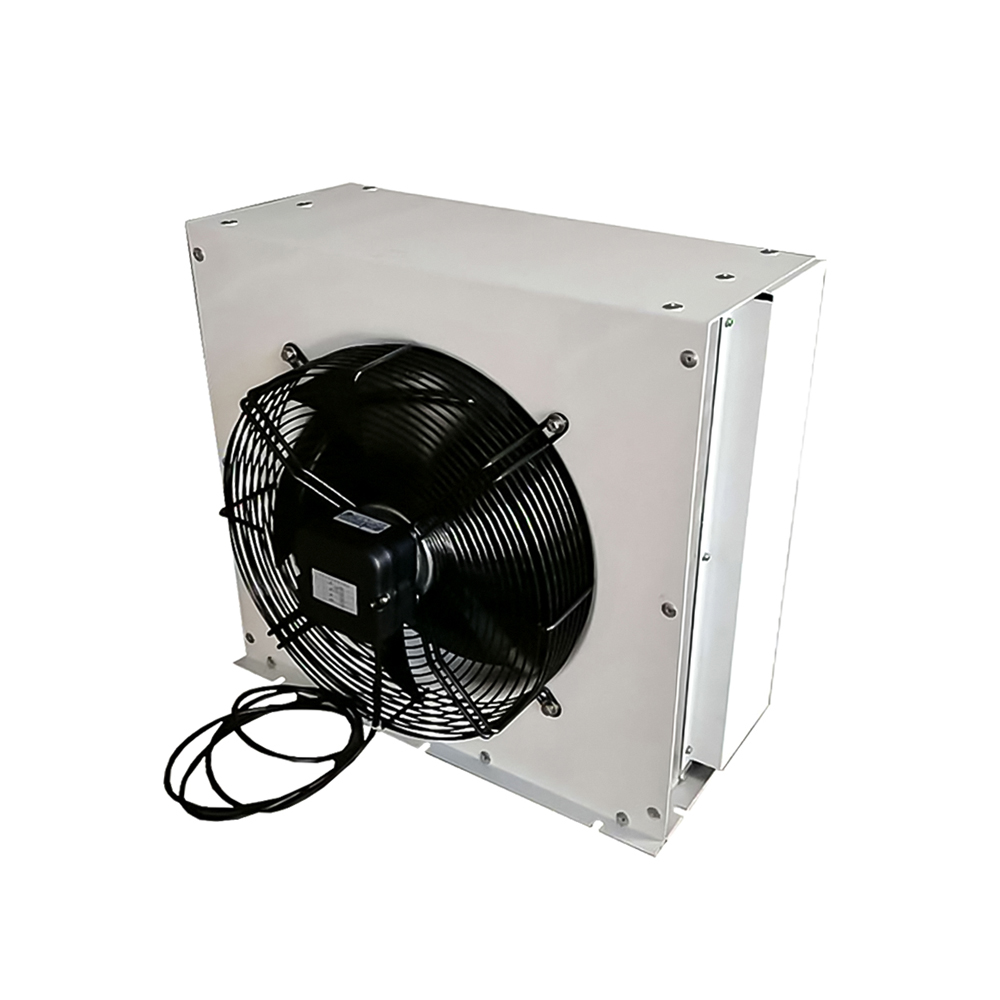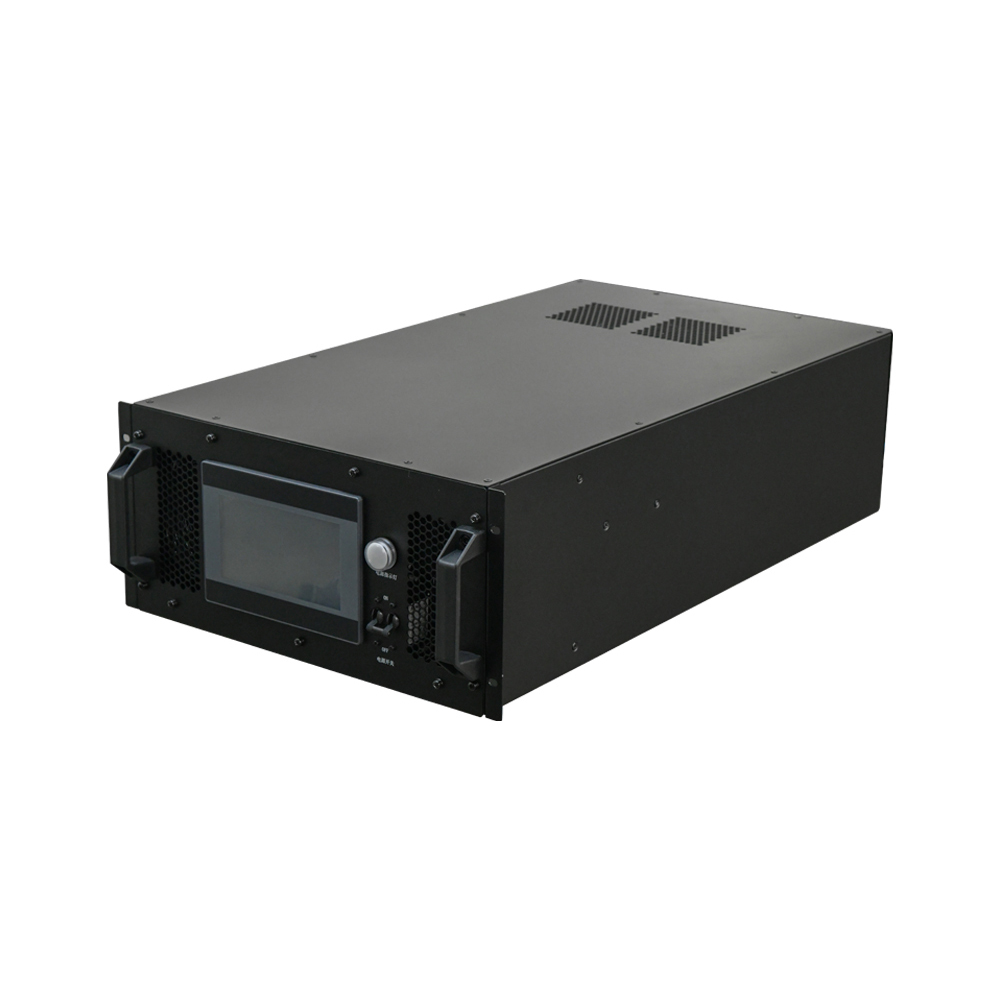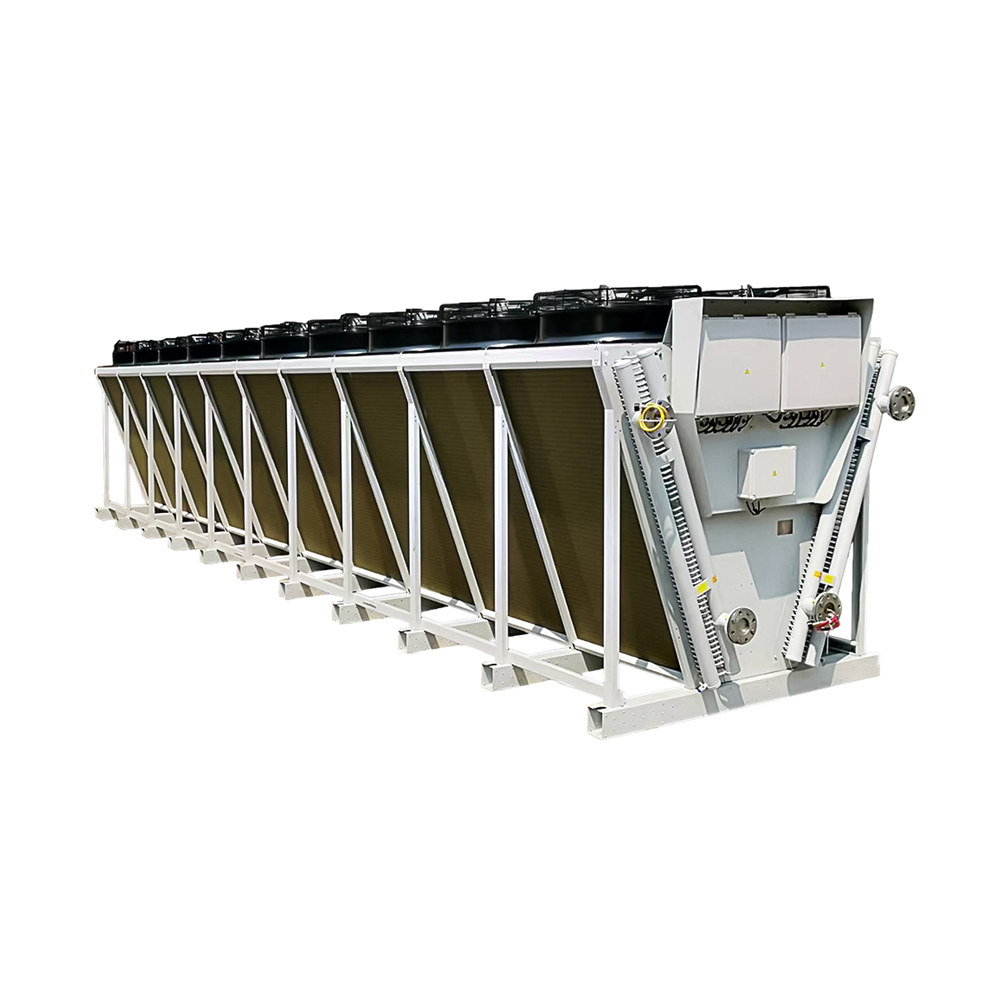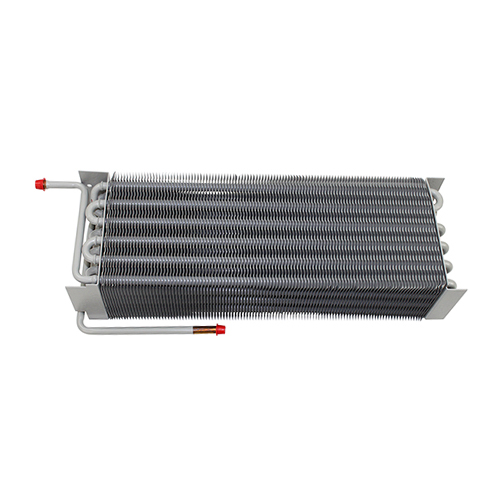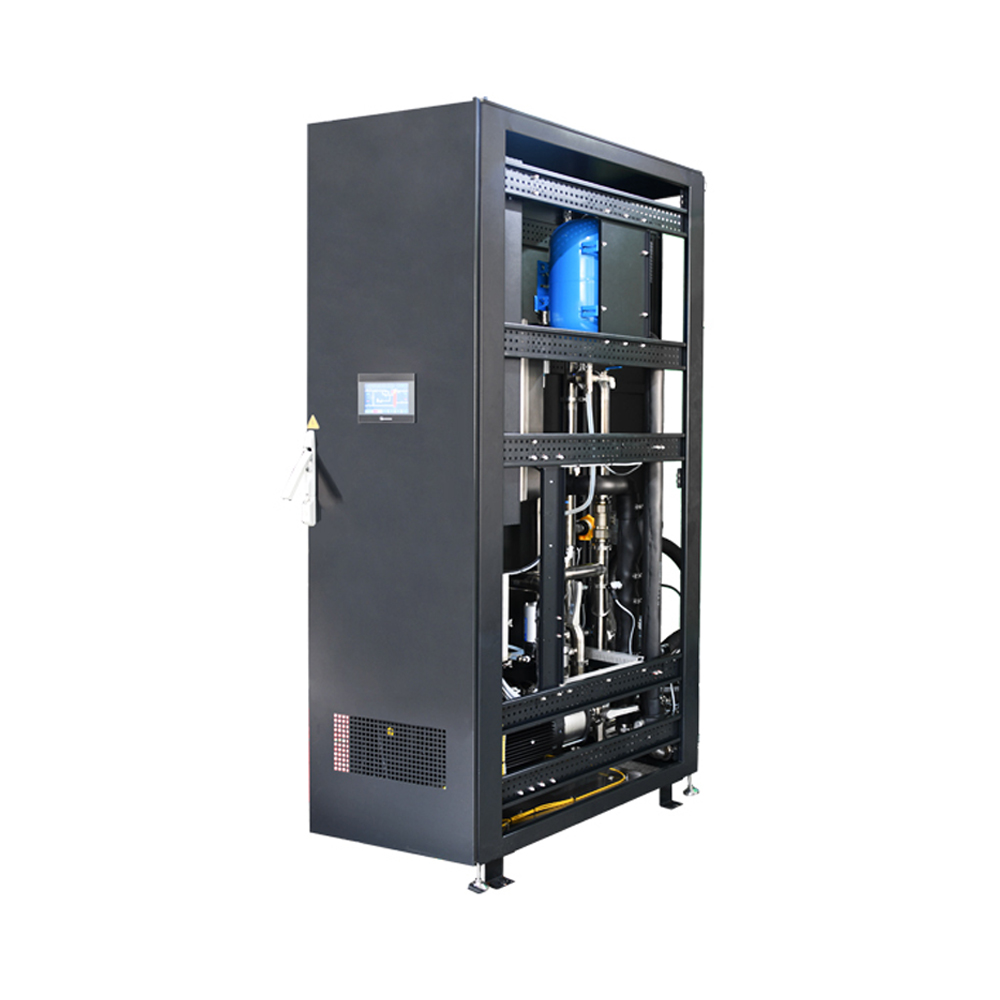Choosing the right refrigerant evaporator is crucial for optimal cooling performance and efficiency. This guide explores various types, factors to consider, and best practices for selection and maintenance. Learn how to choose the perfect refrigerant evaporator for your specific needs and budget, maximizing your system's lifespan and minimizing energy consumption.
Types of Refrigerant Evaporators
Plate Evaporators
Plate evaporators are known for their compact design and high efficiency. They are often used in applications where space is limited, such as refrigeration systems in smaller commercial settings. Their brazed construction ensures robust performance. However, cleaning and maintenance can be more challenging compared to other types. They are suitable for various refrigerants but performance varies depending on the chosen refrigerant and operational parameters. For instance, using R-410A often results in higher efficiency compared to older refrigerants like R-22.
Shell and Tube Evaporators
Shell and tube evaporators are a common choice for larger-scale applications due to their ability to handle high refrigerant flow rates. Their robust construction makes them ideal for demanding environments. They are frequently employed in industrial refrigeration systems and large commercial chillers. While durable, they require more space compared to plate evaporators and are typically more expensive. The choice of refrigerant significantly impacts efficiency; modern refrigerants like R-134a often demonstrate improved performance over older options. Consider factors like tube diameter and shell design to optimize heat transfer.
Flooded Evaporators
Flooded evaporators provide efficient heat transfer due to complete submersion of the evaporator tubes in refrigerant. This results in consistently high performance, especially beneficial for applications requiring consistent cooling. However, they are complex in design and demand careful control to prevent flooding issues. They are often used in industrial processes that need large cooling capacities. Selecting the right refrigerant and controlling the refrigerant level are key factors affecting performance and efficiency. Consult with a refrigeration specialist for proper design and installation.
Factors to Consider When Choosing a Refrigerant Evaporator
Refrigerant Type
The choice of refrigerant significantly impacts the evaporator's performance and efficiency. Modern refrigerants, such as R-410A and R-134a, offer improved efficiency and environmental friendliness compared to older refrigerants like R-22. Always consider the environmental impact and regulatory compliance when choosing a refrigerant. Shanghai SHENGLIN M&E Technology Co.,Ltd (https://www.ShenglinCoolers.com/) offers evaporators compatible with various refrigerants.
Capacity and Size
The evaporator's capacity must match the cooling requirements of the application. Consider the load and ambient conditions to select the appropriate size. Undersized evaporators will struggle to meet demands, while oversized evaporators will be inefficient and waste energy.
Material
The evaporator material must be compatible with the chosen refrigerant and operational conditions. Common materials include copper, stainless steel, and aluminum. Each offers different properties concerning corrosion resistance, thermal conductivity, and cost. Consider the specific application and the potential for chemical reactions when choosing a material.
Maintenance and Troubleshooting
Regular maintenance is essential to ensure optimal performance and extend the lifespan of your refrigerant evaporator. This includes regular cleaning to remove dirt and debris, inspecting for leaks and corrosion, and checking refrigerant levels. Promptly addressing any issues can prevent costly repairs or system failures. For technical support or replacement parts, contact a qualified refrigeration technician or visit Shanghai SHENGLIN M&E Technology Co.,Ltd.
Comparison Table: Different Refrigerant Evaporator Types
| Type | Efficiency | Space Requirements | Cost | Maintenance |
| Plate | High | Low | Moderate | Moderate |
| Shell and Tube | High | High | High | Moderate |
| Flooded | Very High | High | High | High |
Remember to always consult with a qualified refrigeration professional for the selection, installation, and maintenance of your refrigerant evaporator system.









